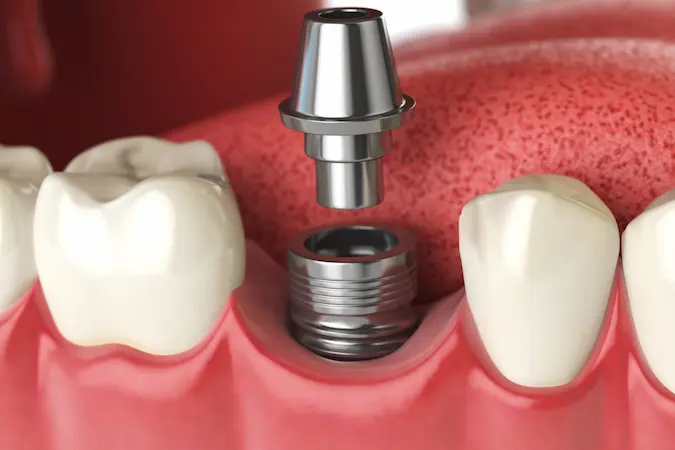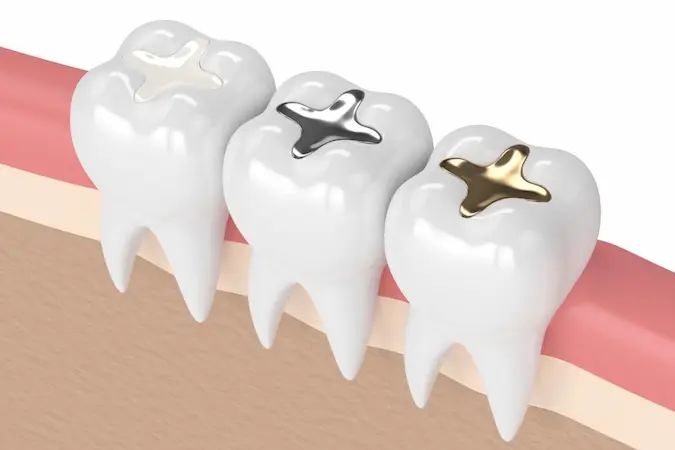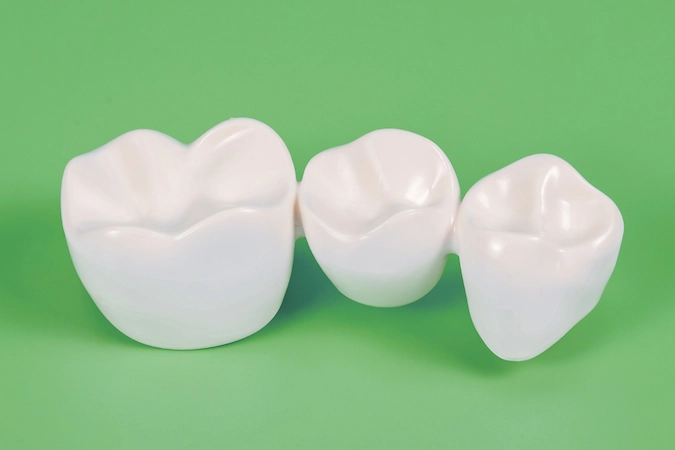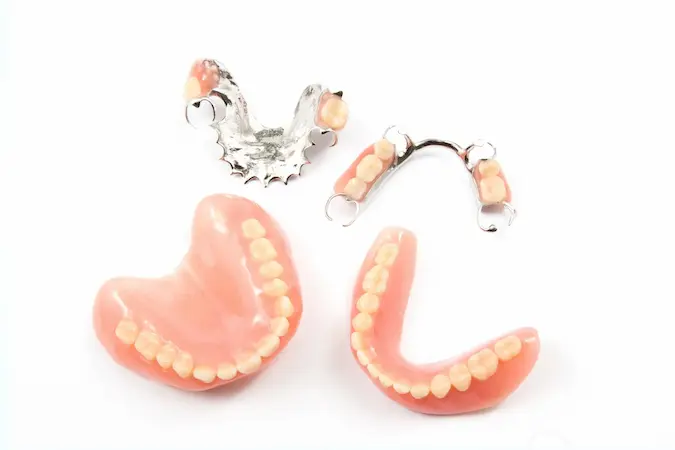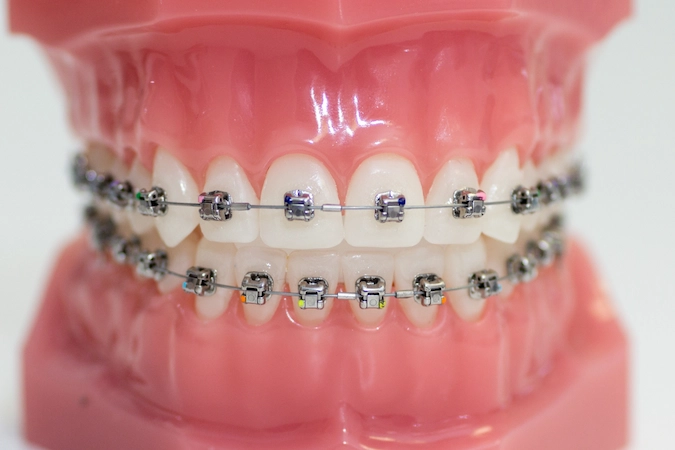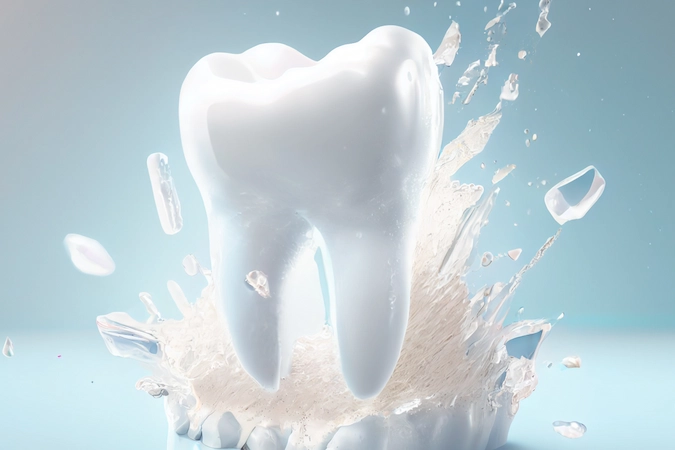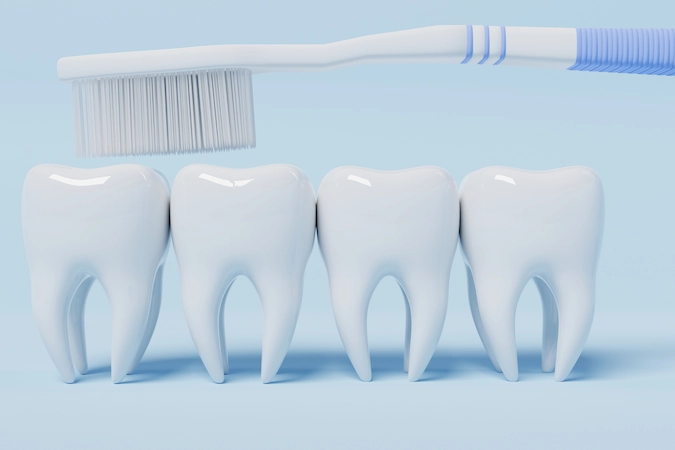Dentra
Surgery & Implants
Dental surgery services, including dental implants, extractions, and advanced surgical procedures
Dental Implants
A natural tooth consists of a crown (the part you see above the gum) and a root (part embedded in the jawbone, hidden beneath the gum). A dental implant serves to replace the root portion of a missing natural tooth. Once the bone grows around the implant, the patient can be fitted for a crown.
Implants serve to:
Steps of placing dental implants and their crowns:
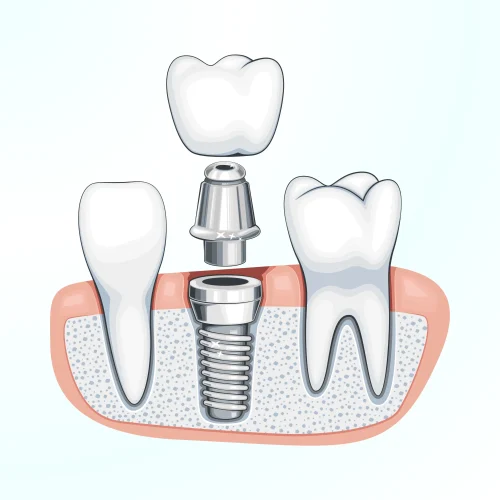
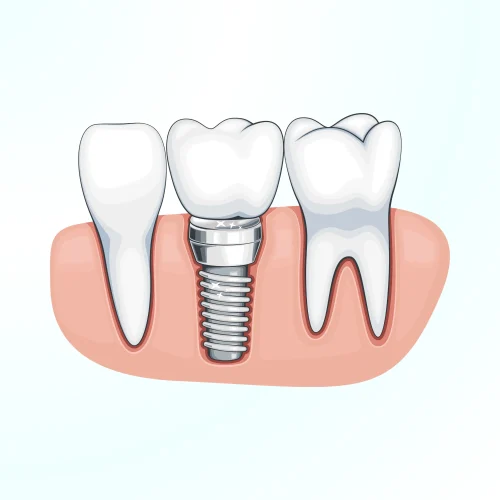
Extractions
After the area is deeply anesthetized, the tooth is gently pulled out of its socket without using excessive force. Extraction occurs when the tooth is severely infected, decayed, or, most commonly, in the case of impacted wisdom teeth.
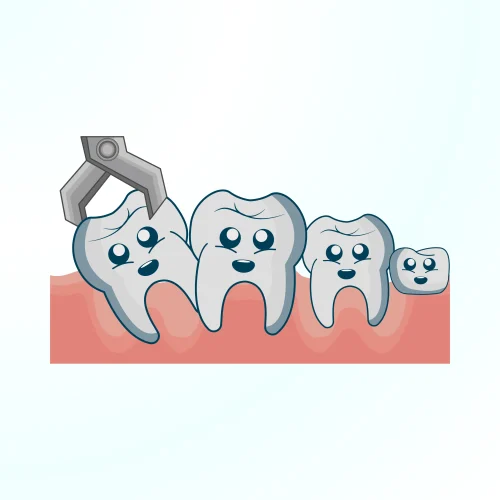
Post-surgical Instructions
Although specific instructions are sent to every patient post-surgery depending on their specific case and treatment.
1Am I a candidate for dental implants?
Nearly everyone who is in general good health is a candidate for dental implant treatments.
2Am I too old for dental implants?
Overall health and a desire to improve the quality of life are much more important factors than age.
3What is the success rate of dental implants?
The success rate ranges from 95 to 98%.
4How long do implants last?
Documented clinical research demonstrates that implants have continued to be successful and functional for 30+ years. It is highly likely that implants will be successful throughout the lifetime of the patient.
5What factors contribute to long-term success of Dental Implants?
Long-term success depends on multiple factors:
- Quality and quantity of bone holding the implant.
- Experience and capabilities of the dentist.
- Quality of the implant and its restoration.
- Home care and regular maintenance visits to the dentist.
6Do dental implants ever fail?
Dental implant treatments are one of the most successful procedures in the dental field, with documented success rates of over 95%. Although it is highly likely the treatment will be successful, there are rare occasions in which the bone does not completely bond to the implants. When this happens, new implants are placed. The rate of success for the new implants is even higher than the initial ones.
7Does the body ever reject dental implants?
No. Implants are made of a safe biocompatible material called titanium.
8What happens if I have dental implants and they are unsuccessful?
If an implant fails to bond to bone, another implant should be immediately put in its place, usually of a slightly larger diameter.
9Are there situations that recommend extracting a tooth and replacing it with an implant?
There are many situations, including:
- Severe periodontal (gum) diseases causing tooth loosening.
- Failed root canal treatment.
- Teeth with severe fractures.
10Are there different types of Implants?
There are different types of implants, and each type features many shape designs. The root-form implants are the shape most commonly used today.
11How do I take care of my dental implants?
The home care recommendations vary depending on the type of implant. For example, a single implant-supported crown is cleaned like a natural tooth, with regular brushing and flossing. Implant-supported bridges (which replace multiple teeth) are cleaned like tooth-supported bridges, and so on. Regular maintenance visits to the dental clinic are essential following implantation.
12Will my new teeth look natural?
Your new teeth will look, feel, and function like your natural teeth.
13Does it hurt to have dental implants placed?
The surgical procedure itself is done under local anesthesia and is generally not painful. However, when the anesthesia wears off, some discomfort is expected and can be managed by painkillers.
14How long after a dental implant is placed can it be used to support my new teeth?
The original protocol clearly states that we must wait three months in the lower jaw and six months in the upper jaw before we can use the implant to support a new tooth. However, in some specific cases, the implant can be used immediately to support the new tooth.
15What is local dental anesthesia?
Local dental anesthesia is a solution injected into the gums to prevent pain in a specific area of the mouth during treatment by blocking the nerves that sense or transmit pain.
16How can I avoid the complications of local anesthesia?
Common complications of local anesthesia happen due to its adrenalin content, which may affect hypertensive, cardiac, and hepatic patients. It may also affect pregnant women. To avoid such complications, plain anesthesia (free of adrenalin) may be used.
17What is a Dry Socket?
In most patients, blood fills up the sight of the extracted tooth. The blood then hardens and forms a blood clot, over which gum grows eventually.
If a blood clot fails to form in the sight of extraction, or forms but is removed due to forced spitting or excessive gargling, the bone is left exposed in the oral cavity and causes severe pain. This complication is referred to as “Dry Socket”, and is treated through inserting special packs into the socket, thus protecting the bone and decreasing the pain.
For more info, don't hesitate to contact us.

